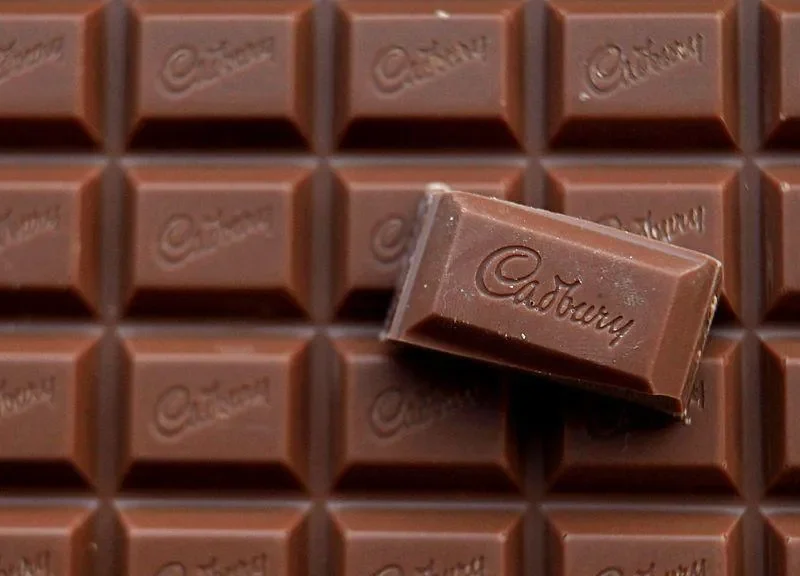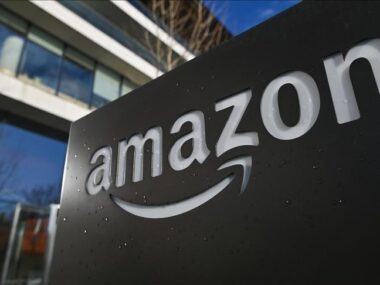Cadbury, the renowned Birmingham-based chocolatier, has lost its royal warrant for the first time in 170 years. The company was first granted this prestigious endorsement by Queen Victoria in 1854 but has now been removed under King Charles III.
Mondelez International, Cadbury’s US parent company, expressed disappointment at the decision. Despite this, the King has extended royal warrants to 386 businesses that previously held them under Queen Elizabeth II, including major names like John Lewis, Heinz, and Nestle.
Royal warrants, typically granted for five years, recognize companies supplying goods or services to the monarchy. The new list also includes prominent food and beverage brands like Moet and Chandon, Weetabix, Bendicks, and Prestat Ltd.
These warrant holders can display the royal coat of arms on their packaging, advertisements, and stationery. However, earlier this year, the campaign group B4Ukraine called on King Charles to revoke warrants from firms still operating in Russia, citing Mondelez and Unilever among others.
Mondelez acknowledged the loss, stating, “We respect the decision and are proud to have previously held a royal warrant.” Unilever, which also lost its endorsement, expressed pride in its history of supplying the royal household, with its most recent warrant awarded by Queen Elizabeth II.

Cadbury is one of the brands whose royal warrants have been withdrawn under King Charles’ updated list.
Professor David Bailey from Birmingham Business School noted that Cadbury losing its royal warrant will increase costs, as the company must remove the endorsement from all packaging.
He described the royal warrant as a “seal of approval” that has traditionally offered significant advantages to the UK economy. Speaking to BBC Radio WM, Prof. Bailey emphasized the value of royal endorsements for British businesses, questioning, “If not to support British jobs and production, what is the purpose of a royal warrant?”

The chocolate giant celebrated its 200th anniversary in March.
The British chocolate maker marked its 200th anniversary this year, tracing its origins back to 4 March 1824, when founder John Cadbury opened a grocer’s shop in Birmingham selling cocoa and drinking chocolate.
Under the leadership of his sons, the business grew significantly, leading to the establishment of the Bournville factory, which became the world’s largest cocoa producer.
In 2010, US food giant Kraft acquired Cadbury in a contentious takeover, later integrating it into its Mondelez division in 2012.











